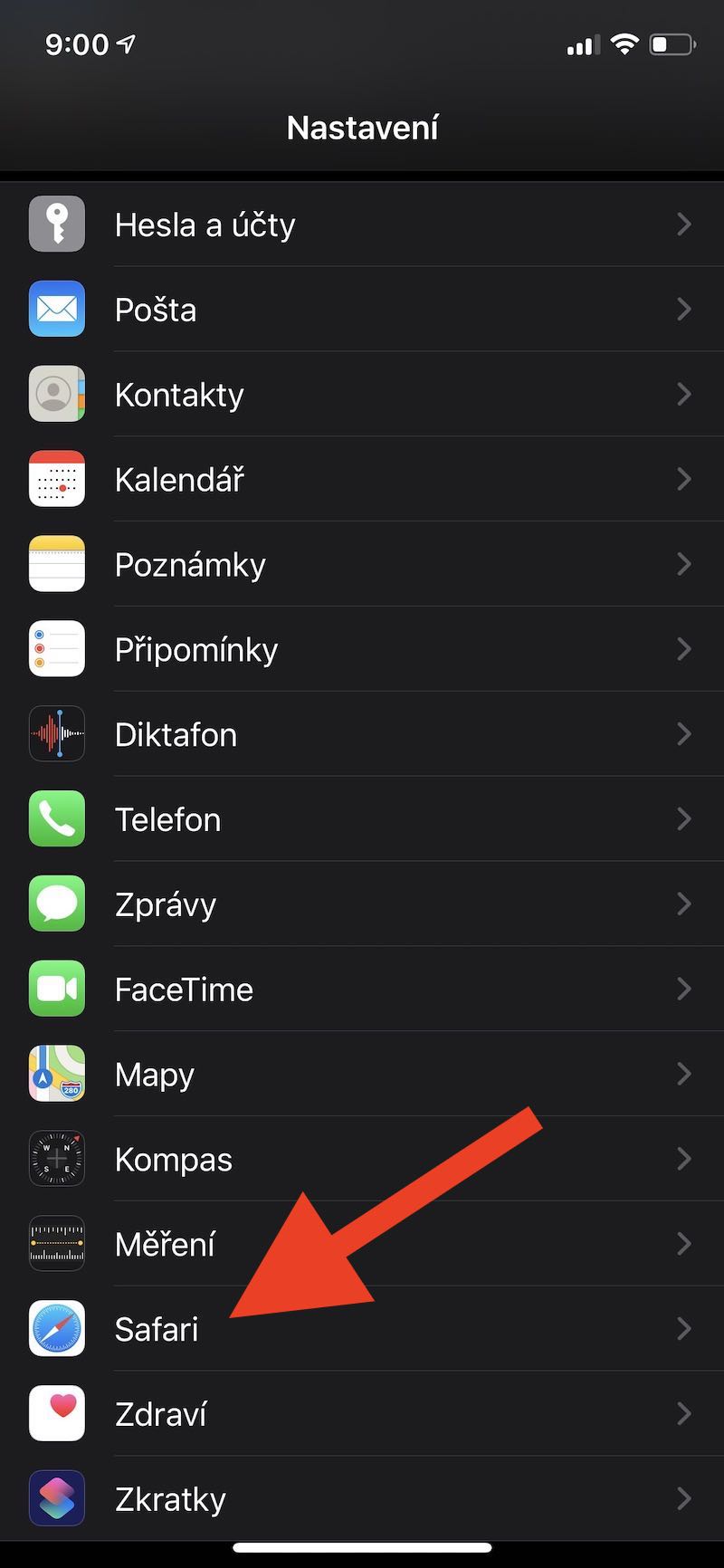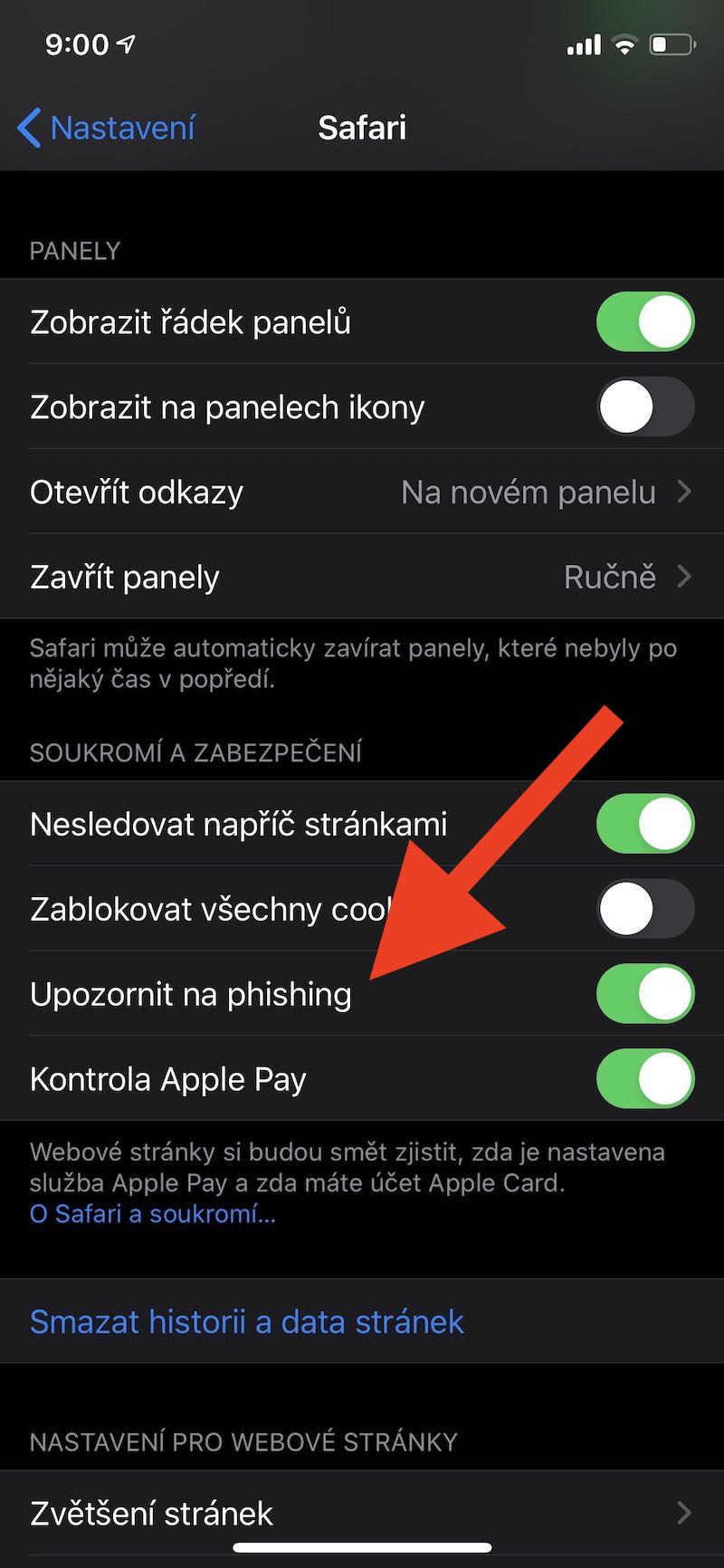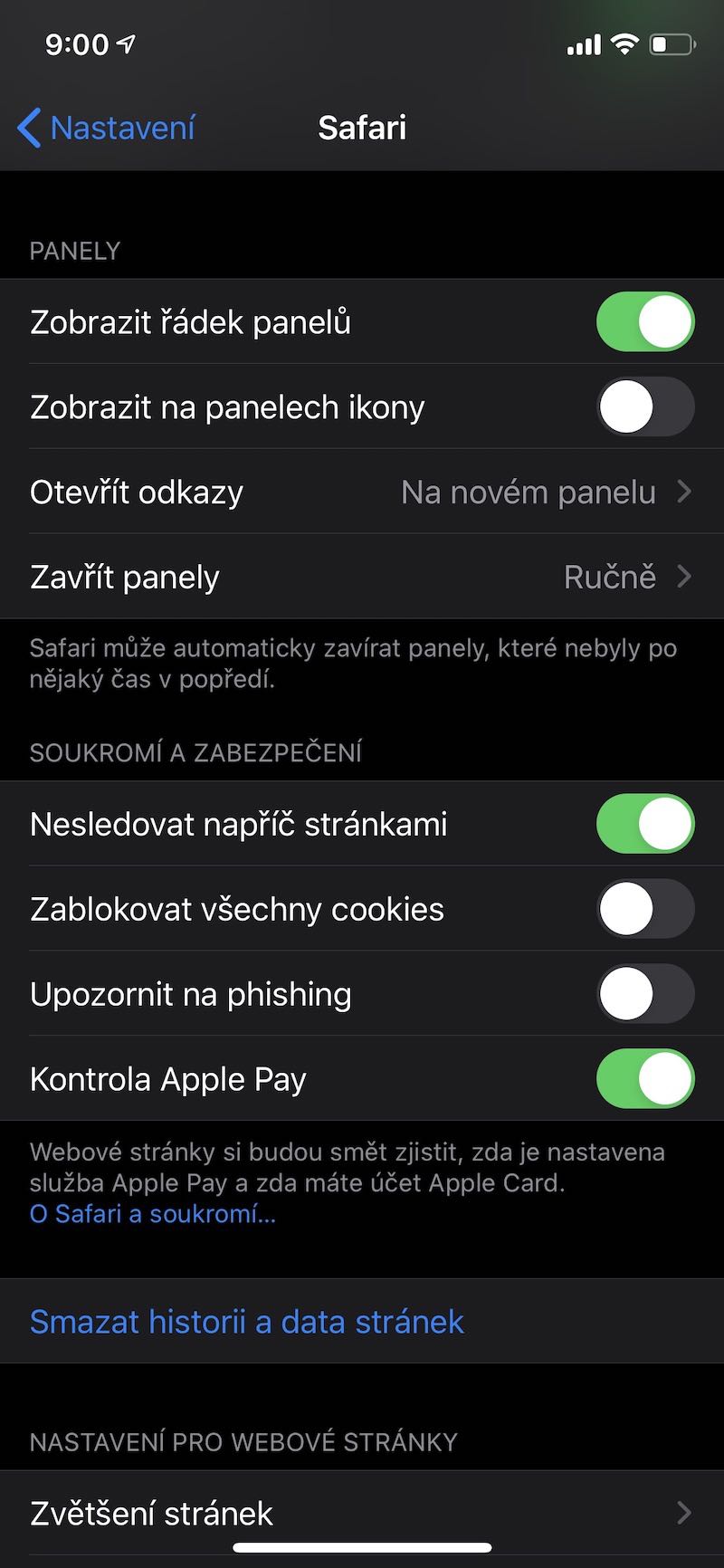Source: 9to5mac
In connection with China, one case after another has appeared in the media space in recent days. Whether it's the months-long protests in Hong Kong, last week's Blizzard case, or the conflict with the NBA. Even Apple did not avoid the media, based on the news published on Monday that Apple shares information with the Chinese side through Safari in iOS. Just yesterday, Apple released a statement in which it explains the whole situation.
It could be interest you
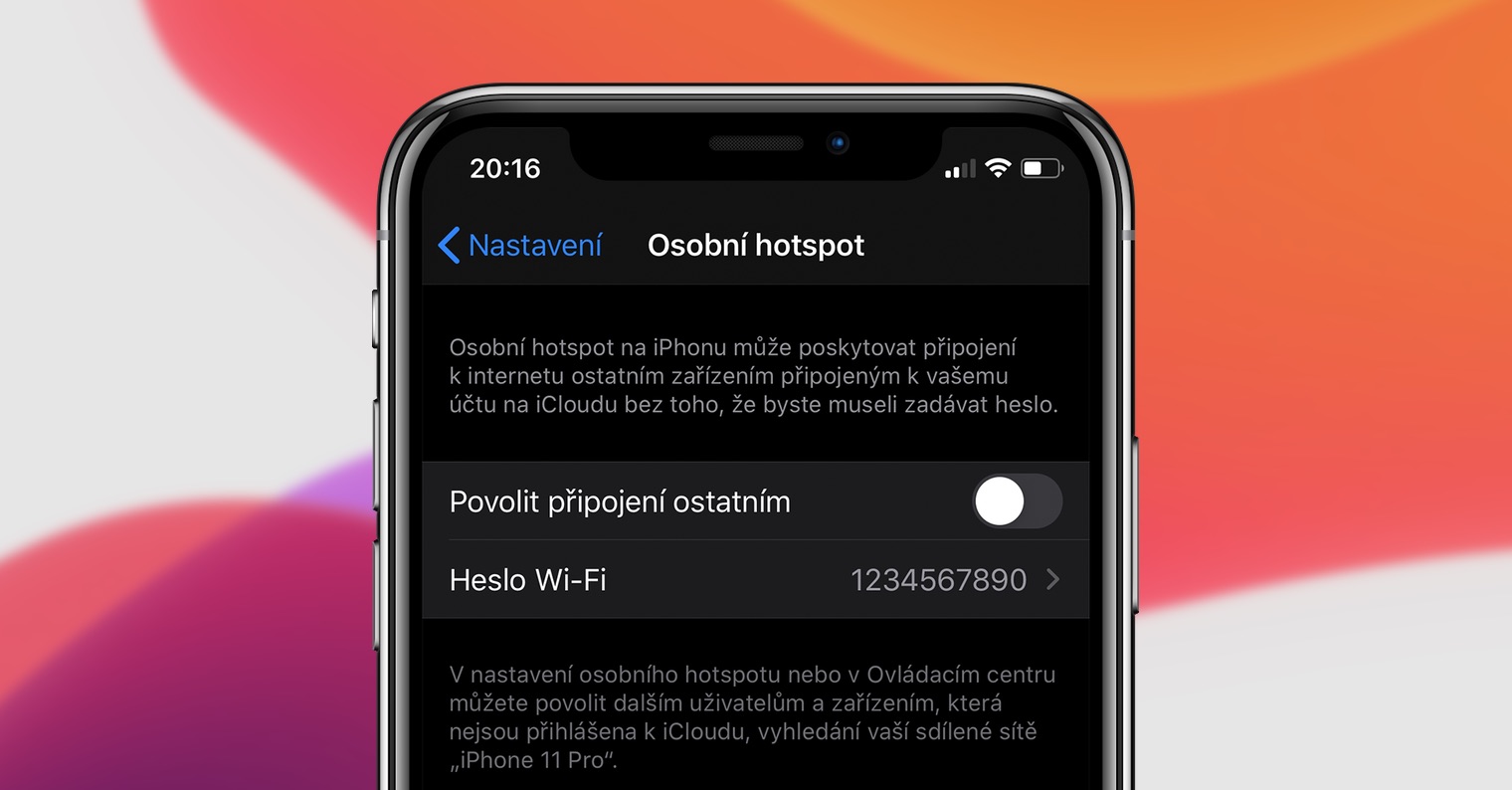
Cryptologist and security expert from John Hopkins University, Professor Matthew Green published information on Monday that Safari data may be shared with the Chinese giant Tencent. The news was then immediately picked up by the vast majority of the world's media. The American magazine Bloomberg managed to obtain an official statement from Apple, which should put the whole situation into perspective.
Apple uses the so-called "Safe Browsing services" for Safari. It is essentially a kind of whitelist of individual websites, according to which it is determined whether the website is safe from the point of view of the user's visit. Until iOS 12, Apple used Google for this service, but with the arrival of iOS 13, it had to (allegedly due to the conditions of Chinese regulators) start using Tencent's services for Chinese users of iPhones and iPads.
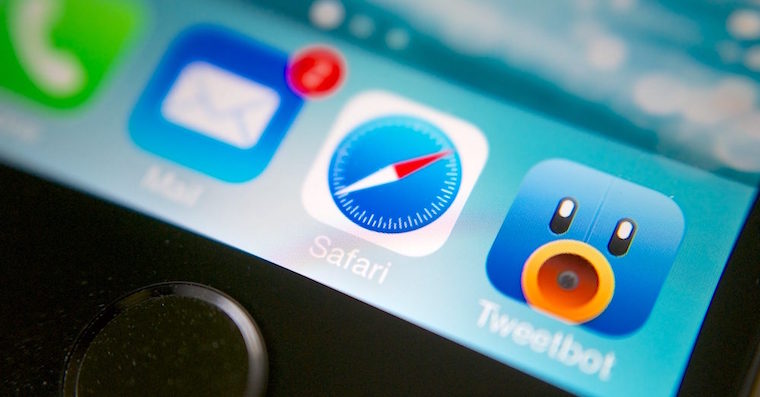
In practice, the whole system should work in such a way that the browser downloads the whitelist of websites, according to which it evaluates the visited pages. If the user wants to visit a website that is not on the list, they will be notified. Thus, the system does not work in the way it was originally presented - that is, the browser sends data about the viewed websites to external servers, where it is possible to view both the IP address of the device and the viewed websites and thus create a "digital footprint" about a specific user.
If you do not believe the above statement, the function itself can be turned off. In the Czech version of iOS, you can find it in Settings, Safari, and it is the "Warn about phishing" option (Czech localization is not literal).
